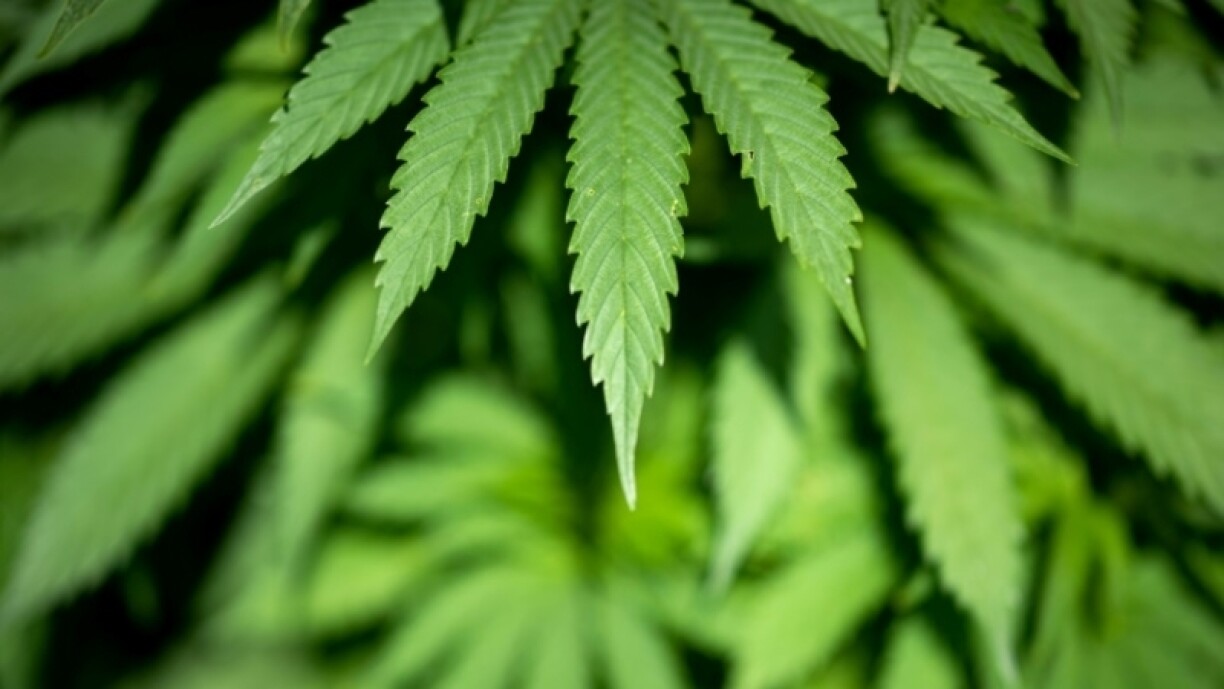
The Luxembourg Socialist Workers’ Party (LSAP) recently submitted a parliamentary question regarding the legal THC limit for drivers. In a joint response, three government ministers clarified that there are currently no plans to raise the permitted level of tetrahydrocannabinol (THC) in a driver’s blood. Additionally, no adjustments to penalties outlined in the Highway Code are foreseen.
The legal limit for THC, the psychoactive compound in cannabis, remains at one nanogram per millilitre of blood. Unlike alcohol, THC lingers in the bloodstream for extended periods, potentially leading to a detectable level even after cannabis consumption has ceased. Drivers exceeding the limit face potential penalties ranging from eight days to three years in prison, alongside fines between €500 and €10,000.
This static THC limit was a point of contention when the previous government legalised the personal cultivation and consumption of cannabis.
For context, neighbouring Germany is currently considering a maximum THC limit of 3.5 nanograms per millilitre, a value over three times higher than Luxembourg’s current threshold.
Comparing cannabis legalisation: Differences between Germany and Luxembourg
Toxicology expert weighs in: “The tolerance threshold for cannabis must be raised”
Cannabis and driving: The problem with THC testing